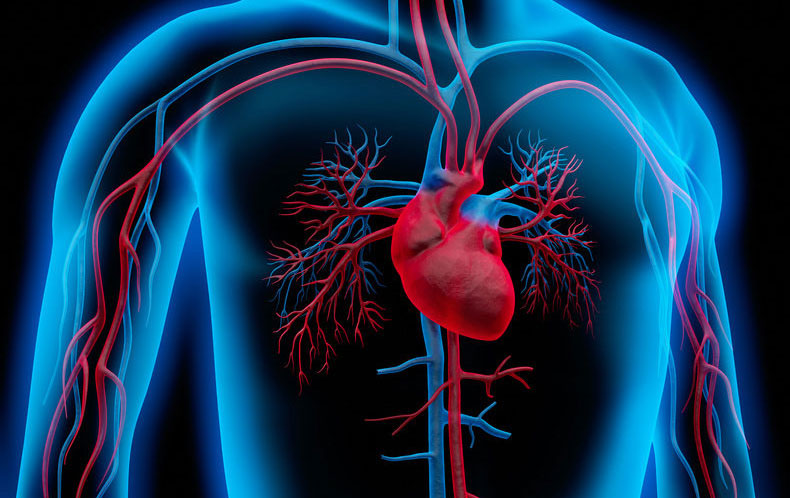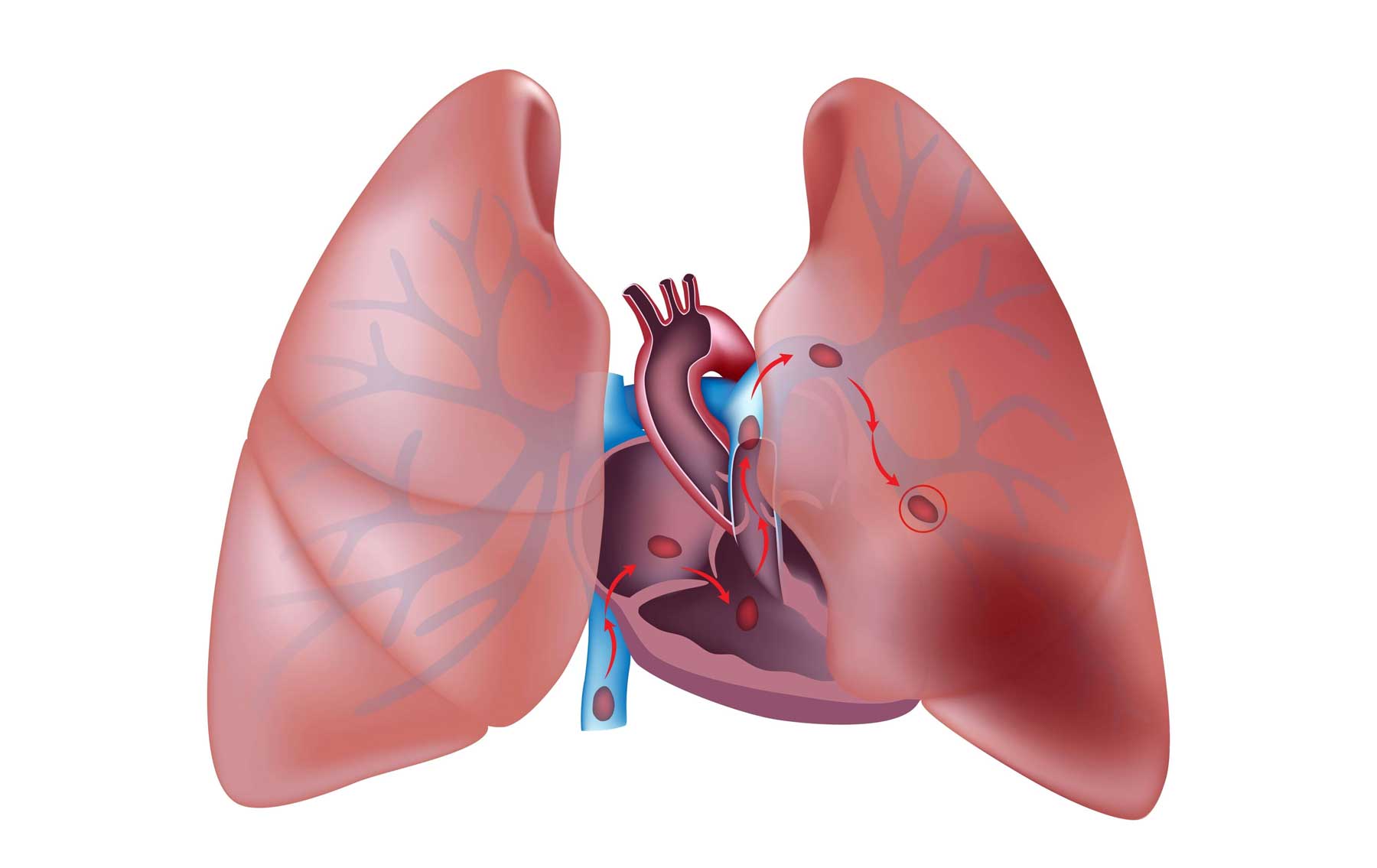Deep Vein Thrombosis Thrombosis is the formation of a blood clot (thrombus), which can partially…

Shock
Shock is a life-threatening condition in which blood flow throughout the body suddenly becomes inadequate or is blocked, depriving body tissues of oxygen and other vital nutrients. Shock is usually caused by extremely low blood pressure, which prevents the heart muscle from pumping an adequate supply of blood to the tissues. If not treated quickly, shock can be fatal.
Very low blood pressure can result from conditions—such as a heart attack or arrhythmia—that interfere with the ability of the left ventricle of the heart to pump effectively. Another possible cause of extremely low blood pressure is severe blood loss resulting from an injury or from a disorder that causes internal bleeding, such as a perforated peptic ulcer or a ruptured aneurysm. Tissue damage from a severe burn or severe dehydration caused by persistent vomiting, diarrhea, or inadequate fluid intake can decrease blood volume, resulting in very low blood pressure. Sometimes toxins from a severe infection get into the bloodstream and cause shock. Shock can also develop when a severe allergic reaction causes blood vessels to dilate (widen) and leak fluid, decreasing blood volume.



